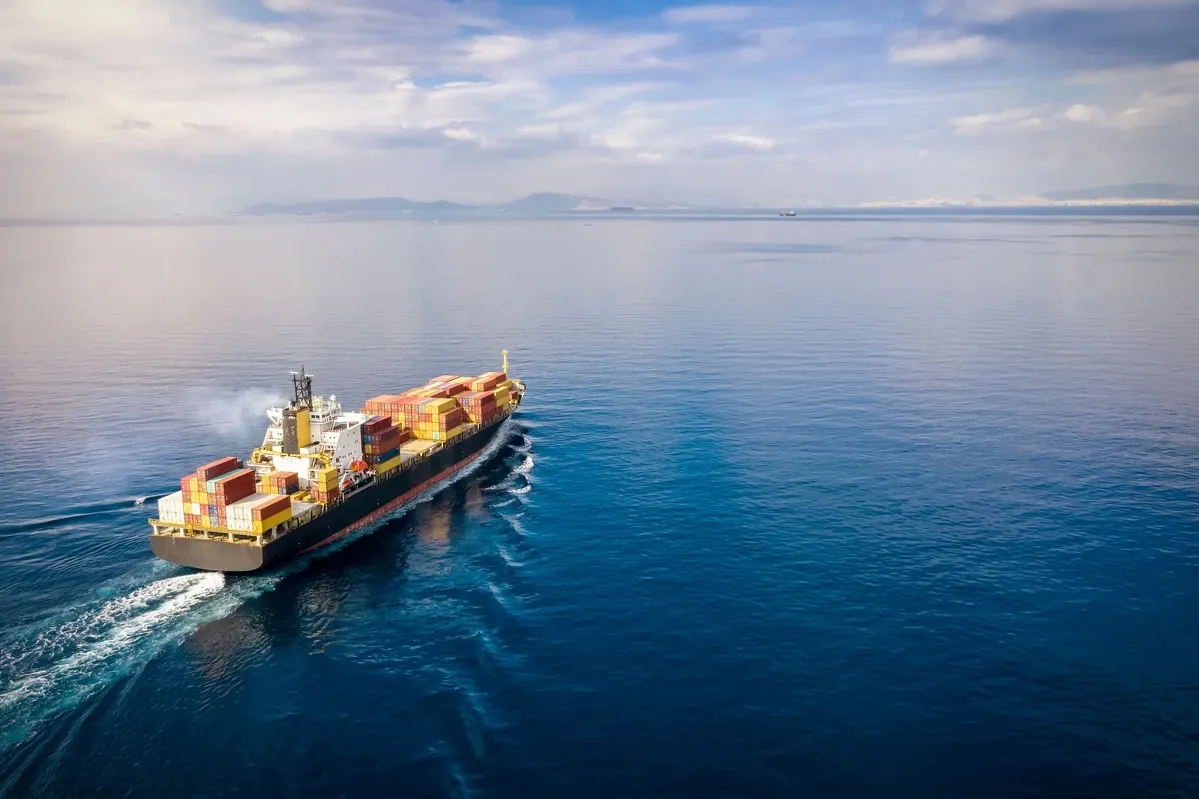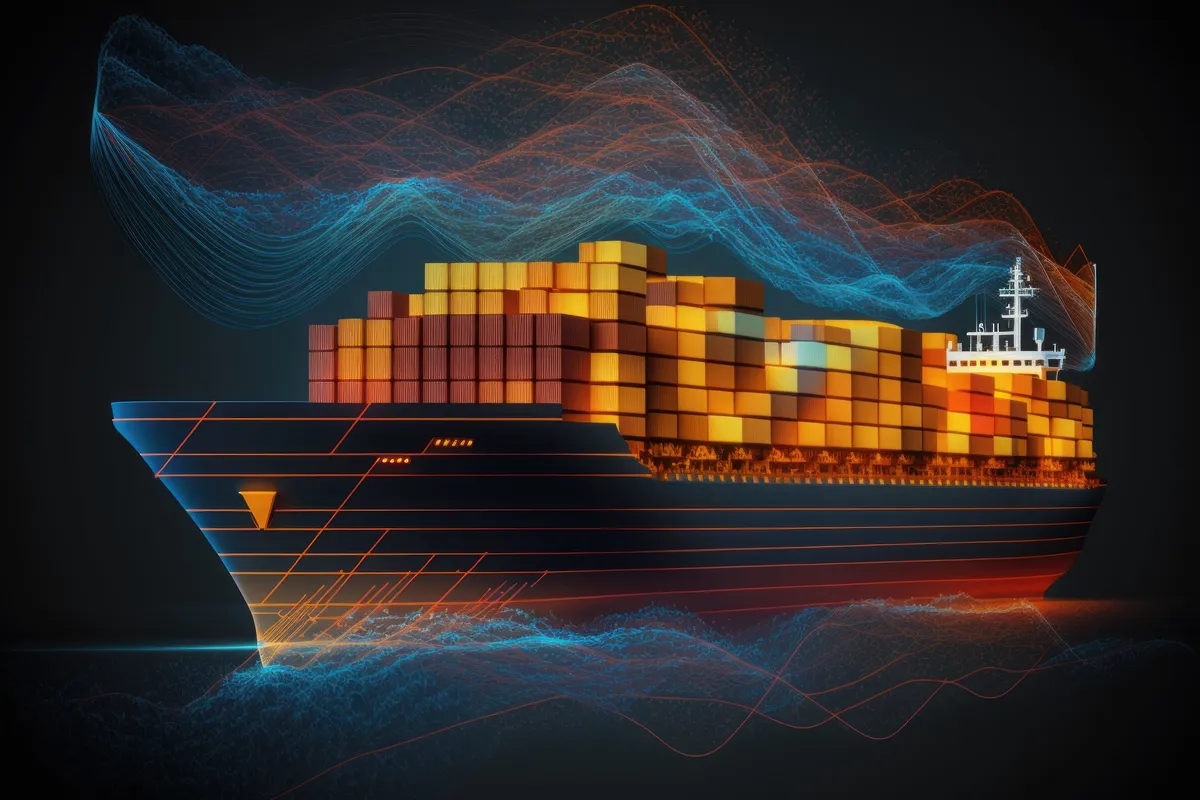The International Maritime Organization has published a report on its forty-eighth session of the Facilitation Committee (FAL 48), held from 8 to 12 April 2024.
The Facilitation Committee met in person at IMO Headquarters in London (with hybrid participation). The session was chaired by Mr. Watchara Chiemanukulkit (Thailand).
FAL 48 highlights
- Autonomous ships - revised roadmap for MASS approved
- Approval of revised Guidelines for the Prevention and Suppression of the Smuggling of Wildlife on Ships Engaged in International Maritime Traffic
- New version of the IMO Compendium on Facilitation and Electronic Business
- Sharing experiences on maritime single window
- Safeguarding the cybersecurity of the Maritime Single Window
- Industry survey on the current state of digitalization within ports and new output on IMO digitalization strategy
- New guidelines on Port Community Systems
- New version of the Explanatory Manual to the FAL Convention approved
- New outputs on “key workers” designation; cyber risk management; drug trafficking; Joint FAL-LEG- MEPC-MSC guidelines on electronic certificates; and updating the Guidelines on minimum training and education for mooring personnel
Maritime Autonomous Surface Ships (MASS) - revised roadmap approved
The Committee approved the revised road map on addressing Maritime Autonomous Surface Ships (MASS) issues related to the Convention on Facilitation of International Maritime Traffic (FAL Convention).
Under the revised roadmap, the Committee is expected to:
- By FAL 49 (Spring 2025): assess the finalized non-mandatory MASS Code
- By FAL 50 (2026): assess the adopted mandatory MASS Code and consider proposed amendments to the annex to the FAL Convention
- By FAL 51 (Spring 2027): adopt amendments to the FAL Convention
The Committee considered the report of the MSC-LEG-FAL Joint Working Group on Maritime Autonomous Surface Ships (MASS-JWG), which met for its second session in April 2023.
The Committee concurred with a number of elements contained in the report, including on the role and responsibilities of the MASS master, MASS crew and remote operation centres. Among these, the Committee concurred, in principle, that:
- there should be a human master responsible for a MASS, regardless of mode of operation or degree/level of autonomy;
- the master may not need to be on board, depending on the technology used in the MASS and the human presence on board, if any;
- regardless of mode of operation or degree or level of autonomy, the master of a MASS should have the means to intervene when necessary;
- only a single master should be responsible for a MASS at any one time, although several masters could be responsible for a MASS on a single voyage, under certain conditions; and
- a detailed discussion is needed about the circumstances where a master of a MASS could be responsible for several MASS.
The third meeting of MASS-JWG will take place 8-10 May 2024.
Approval of revised Guidelines for the Prevention and Suppression of the Smuggling of Wildlife on Ships Engaged in International Maritime Traffic; new e-learning course
The Committee adopted resolution FAL.17(48), containing the revised Guidelines for the Prevention and Suppression of the Smuggling of Wildlife on Ships Engaged in International Maritime Traffic. The revision includes minor modifications and editorial changes, with links to new joint industry guidelines added as a useful resource.
The new e-learning course, “Introduction to counter wildlife trafficking in the maritime supply chains”, developed jointly by IMO, the World Maritime University (WMU) and the World Wildlife Fund (WWF), equips Government Agencies and maritime supply chain operators with actionable insights to effectively combat wildlife trafficking at sea, empowering them to proactively prevent and suppress such illicit activities. The e-learning course on illegal wildlife trafficking will be officially launched in May 2024.
New version of the IMO Compendium on Facilitation and Electronic Business
The Committee approved a new version of the IMO Compendium on Facilitation and Electronic Business. The IMO Compendium aims to harmonize the vast array of electronic data exchanged between ships, ports and other stakeholders. It includes IMO data sets and IMO reference model which provide a common format and semantics for such data.
The new IMO Compendium (sixth version) includes the following new and updated data sets:
- new data set on “Noon report”;
- revised data sets on “Maritime Declaration of Health”, “Ballast water reportʺ “Advanced Passenger Information”, and the updated Just In Time (JIT) sub-model; and
- amendments to the IMO data set to improve consistency in the naming and definition of IMO data elements.
Sharing experiences on maritime single window
Since 1 January 2024, all IMO Member States are required to use a single, centralized digital platform or “Maritime Single Window” (MSW) to collect and exchange information with ships when they call at ports. This streamlines procedures to clear the arrival, stay and departure of ships and greatly enhance the efficiency of shipping worldwide.
The Committee heard from Member States who shared their experiences in implementing the MSW, including Antigua and Barbuda, Brazil, Indonesia and Togo.
Angola and Singapore shared their experience of implementing a MSW system under the SWiFT Project in the Port of Lobito, Angola. The SWiFT project, financed by Singapore, seeks to assist IMO Member States with implementing MSW systems in their ports. The lessons and experience gained from the SWiFT project are expected to contribute towards the implementation of MSWs globally. The Committee expressed deep appreciation to Singapore for assisting fellow IMO Member States with implementing MSW systems in their ports.
Safeguarding the cybersecurity of the Maritime Single Window
The Committee discussed the issue of cybersecurity in relation to MSW and called for Member States to develop and operate their MSWs in a cybersecure and resilient way.
The Committee invited interested Member States and international organizations to contact the International Association of Ports and Harbours (IAPH) to prepare the proposal for a new output on the issue to be considered at FAL 49 which could include proposed amendments to the FAL Convention to establish mandatory cybersecurity measures when developing mandatory Maritime Single Windows and the development of a model law on cybersecurity with an explanatory note.
Industry survey on the current state of digitalization within ports and new output on IMO digitalization strategy
The Committee noted the findings of an industry survey on the current state of digitalization within ports. Of the total respondents, 40% were unaware of the IMO regulations in the FAL Convention mandating MSW systems worldwide. In 64% of the port calls made by the respondents, port authorities were still requiring either paper submissions or a mix of paper and digital submissions. On average, respondents spent more than three hours (191 minutes) preparing and submitting the necessary documents required at every single port call.
The survey indicated a need for standardized and harmonized digital systems across ports globally, given the wide range of different port call interfaces and documentation among Member States, as well as the lack of IT infrastructure on many ships that would enable more efficient data exchange with ports.
The Committee agreed to continue discussions on the development of an overarching IMO strategy on digitalization at the next session, under a new output at FAL 49 (subject tp Council’s endorsement), and the recommendations from the survey will be discussed under the new output on IMO digitalization strategy.
New guidelines on Port Community Systems
The Committee approved new guidelines on Port Community Systems. Port Community Systems (PCS) serve as a complementary instrument to the Maritime Single Window (MSW) system. Both are digital IT platforms used to collect and exchange data between stakeholders, streamlining operations and enhancing competitiveness. PCS facilitates the exchange of information between public and private stakeholders involved in port and terminal operations.
The PCS guidelines provide common understanding of PCS, the role of PCS within harmonization, standardization and interoperability, interaction between PCS and MSW environments, as well as provide baseline considerations for PCS development.
Approved a new version of the Explanatory Manual to the FAL Convention
The Committee approved the revised Explanatory Manual to the FAL Convention. This manual provides guidance on interpreting the legal text of the Facilitation and its provisions and gives examples of best practices for implementing Standards and Recommended Practices. The review of the manual commenced after the revised FAL Convention was adopted in May 2022.
The revised explanatory manual now includes guidance on the new global standards on illicit activities, maritime corruption and the response to a public health emergency of international concern, amongst others. It includes also guidance on major updates of the last amendments to the FAL Convention on standards as well as recommended practices related to issues such as stowaways, electronic transmission of data between ports and ships, and various procedures for arrival and departure of ships and passengers.
New outputs on key workers; maritime cyber risk management; drug trafficking; Joint FAL-LEG- MEPC-MSC guidelines on electronic certificates; and updating the Guidelines on minimum training and education for mooring personnel
The Committee agreed to include, in the 2024-2025 biennial agenda of the FAL Committee and the provisional agenda for FAL 49, the following outputs:
- "Amendments to the FAL Convention to review the provisions of a key worker during a public health emergency of international concern", with a target completion year of 2026. This aims to review the definition of “key workers” and develop appropriate provisions in the FAL Convention, to ensure the flow of maritime traffic and protect human rights during any public health crisis, such as a pandemic;
- "Revision of the Guidelines on maritime cyber risk management (MSC-FAL.1/Circ.3/Rev.2) and identification of next steps to enhance maritime cybersecurity" with a target completion year of 2025;
- "Development of amendments to the Revised guidelines for the prevention and suppression of the smuggling of drugs, psychotropic substances and precursor chemicals on ships engaged in international maritime traffic” (the last version was issued in 2007 in resolutions FAL.9(34) and MSC.228(82))", with a target completion year of 2027;
- "Development of joint FAL-LEG-MEPC-MSC guidelines on electronic certificates”, with a target completion year of 2025;
- Updating the Guidelines on minimum training and education for mooring personnel (FAL.6/Circ.11/Rev.1)
 Marine Regulations NewsEda Zenic
Marine Regulations NewsEda Zenic
LINK TO THE FULL REPORT

Sign up for our newsletter
Your most up-to-date maritime regulations news
It's free. No spam. Cancel anytime.









Related News
Most important regulatory news published in the last week
Jan 21, 2025
Isle of Man: Key changes to marine casualty reporting
Jan 17, 2025
Updated IMO guidelines for GMDSS radio installations on SOLAS ships
Jan 17, 2025